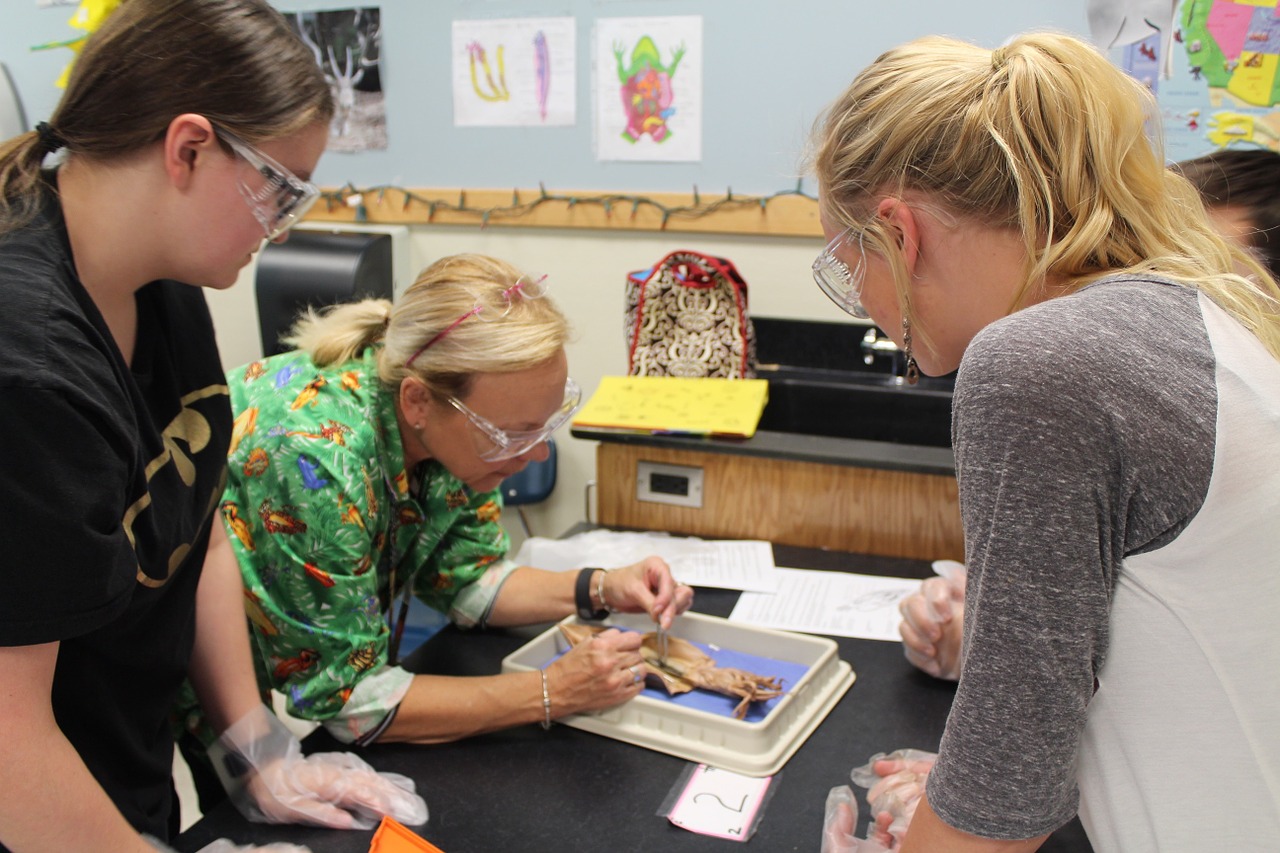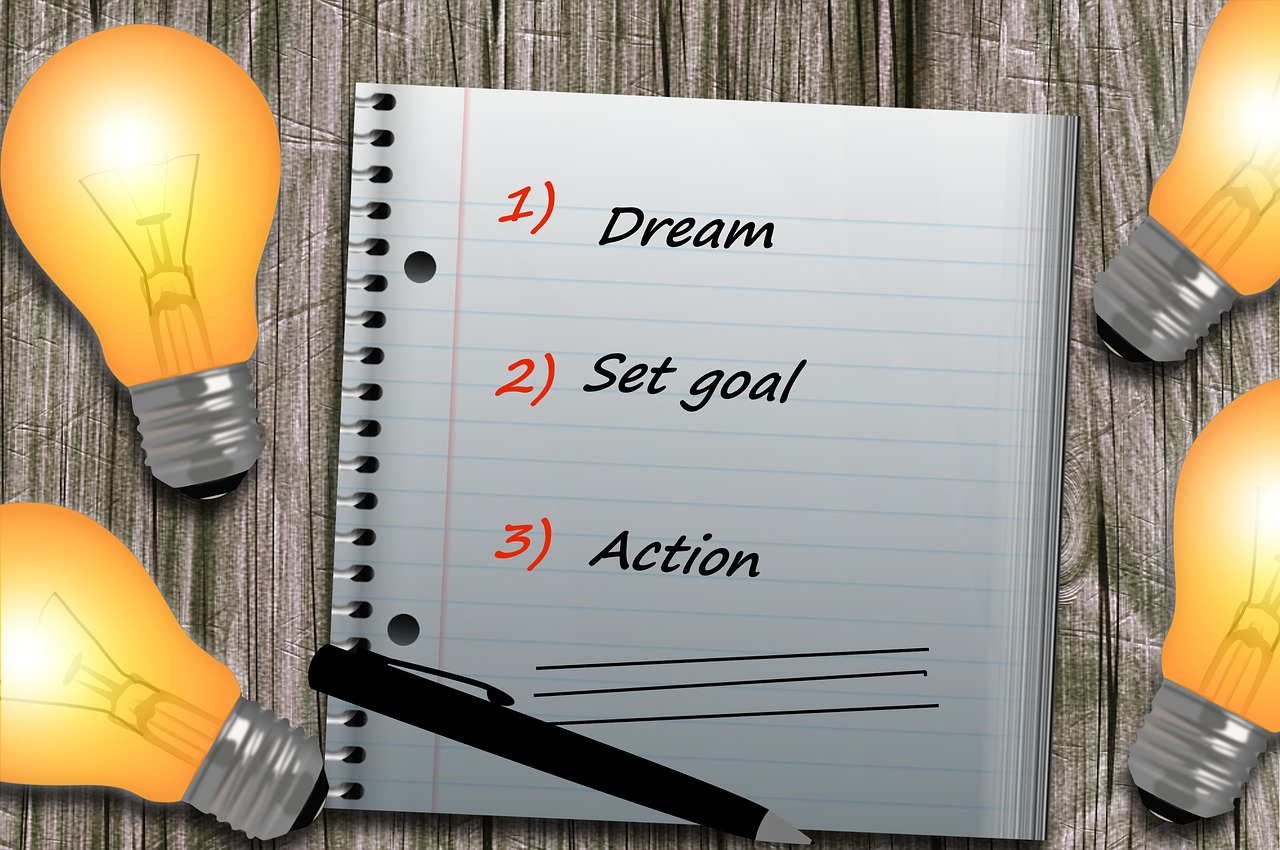The start of the school year is often a maze of new books, new teachers, new classrooms and possibly new friends. There's a lot to take in and get your head around and the first few weeks can be an absolute blur.
Then, the homework starts and you're off.
For many students, right around the world and certainly in Australia, the last few years have been a little haphazard. Some of our youngest students have never experienced a 'real', full school year. They have headed back to school without really knowing what to expect and, honestly, the same can be said for students of any age, in any year level.
Setting goals for yourself has always been integral to success. And now, more than ever before, setting some targetted learning goals will help students maintain their focus and, for many, get back on track.
For the students who groan at the thought of school, wondering what the point even is, this article will first take a look at the real purpose of school. We'll then discuss the types of goals students have and how to set them and follow through to maximise their educational opportunities.

What is the Purpose of School?
The great aim of education is not knowledge but action.
~ Herbert Spencer ~
As an ex-teacher, if I had a dollar for every time I heard someone, not necessarily current students, say something like "And when will I ever use that in real life?", I could have retired years ago.

Too many people view schools just as providers of knowledge and givers of pointless assessment tasks — but knowledge (and assessment of said knowledge) is only the tip of the iceberg. The real goal of schools is to set each student up with a background of skills and strategies to help them develop into independent learners. Then, as independent learners, students are equipped to make more specific choices about their educational future, based on the pathway they wish to follow.
Heading back to school doesn't just mean getting back into reading, writing and arithmetic. And it's certainly not about keeping your pencils sharp, getting your pen licence, making sure you rule a margin on your paper or in your books or remembering to take home your drink bottles and put notes in your bags at the end of each day.
School is about learning and developing thinking skills, strategies for solving real-life problems and meeting objectives and outcomes that help forge your future success.
However, the best school and the best teacher in the world cannot bring you this success without your effort and without your input when it comes to setting your own personal goals and learning objectives.
So, how do you do this?
Grab a pen or pencil, and a piece of paper, and get ready to start setting a goal or two — once you know how to do it, it's easy.
How to Set SMART Learning Goals
While there are many different methods used to set goals, the one that sees the most success in the educational setting uses the acronym SMART.
What is a SMART goal?
The letters in SMART each provide a clue about the goal you are setting.
- Specific (simple, sensible and significant to the learners)
- Measurable (as well as meaningful and motivating for the student)
- Achievable (meaning the student must also agree with it and believe they can attain it)
- Relevant (reasonable, based on results and realistic, with necessary resources available)
- Time-bound (able to be achieved in a set time)
For every goal you set, check to see that it matches each of the SMART criteria. If your goal fits them all, you're ready to start. If it doesn't, even if it's only faltering on one, your chances of success diminish.
Here's an example of a SMART goal a student may set at the start of the year:
"To keep myself accountable for my learning, I will raise my hand at least five times each week in class to answer a question asked by my teacher."
- There are clear objectives (S) — volunteering answers in class; five times a week.
- The goal is measurable (M) — five times every week.

- The task is achievable (A) — as long as the student is listening in the classroom and does his homework each day.
- It's a reasonable expectation (R) — and directly relevant to the immediate learning of the student as well as their independent learning skills.
- There is a clear end-point (T) — the goal must be achieved by the end of each school week.
Smart thinking leads to SMART goals and improved outcomes.
What Types of Goals Should Students Set?
There are no 'right or wrong' goals.
The most important thing to consider is whether or not the goals you are setting are meaningful to you and will help you improve in some aspect of your learning or help you develop specific skills for your future career.
Remember that having an overly general goal, like 'I will improve my grades in Social Sciences this semester' is not going to help you get anywhere. A good goal is more specific — what area of social sciences needs to improve? To improve, should you be making sure you revise every day? Do you need to manage your time more effectively in the classroom to improve? Are your grades suffering because you don't participate in classroom discussions? What does 'improve' mean to you — going from a B to an A, or getting a better score for effort?
With the help of your teacher or even your parents, you should be able to set yourself some learning targets with clear outcomes to aim for.
Students should consider where they need to develop and improve when setting learning goals. Areas to develop may include:
- participation
- revision
- homework and assignments
- study strategies for assessment
- paying attention to the teacher
- seeking help from the teacher when needed
- searching for ways to extend your learning.
If you have clear ideas about the type of career you wish to pursue, your goals may revolve around this. For example:
- work with, or seek help and advice from a mentor in the field
- seek opportunities to participate in work experience
- research or gather resources about the career you are interested in and the enrolment prerequisites.
If you are unsure about what you want to do in the future, perhaps your goals may include:
- regular meetings and follow up with your school's careers advisor
- trying different work experience scenarios
- looking for external opportunities to broaden your learning and develop your interests.
Wherever you start when it comes to goal-setting, keep in mind that a range of longitudinal studies have shown that students who set goals are more motivated to learn than those who don't, leading to better educational outcomes and greater overall success.
Goals for the Start of the Year
Starting the year with clarity on what you want to work towards is important for every student, whether in primary school or university.
As mentioned in the previous section, there are many different goals a student can set.
As you start thinking about heading back to school, you may wish to set a few short-term goals, such as:
- I will remember to bring my pencil case and drink bottle into the classroom every day.
- I will share my ideas and thinking at least once a day.
- I will practice every day so I go up a level in my reading by the middle of term.
- I will ask my teacher for help (or ask a question) at least three times a week.
Or you may decide to set a long-term goal, like:
- I will find an effective method of studying so I can improve my marks.
- I will try new strategies or activities, especially ones I am not comfortable with.
- I will focus on time management strategies and ensure I start and complete all of my assignments before the due date.
Remember that long term goals are often made up of a series of short term goals.

As author, businessperson and teacher, Stephen Covey, said: Begin with the end in mind.
We are more likely to get there if we know where it is we want to head.
Summarise with AI:















